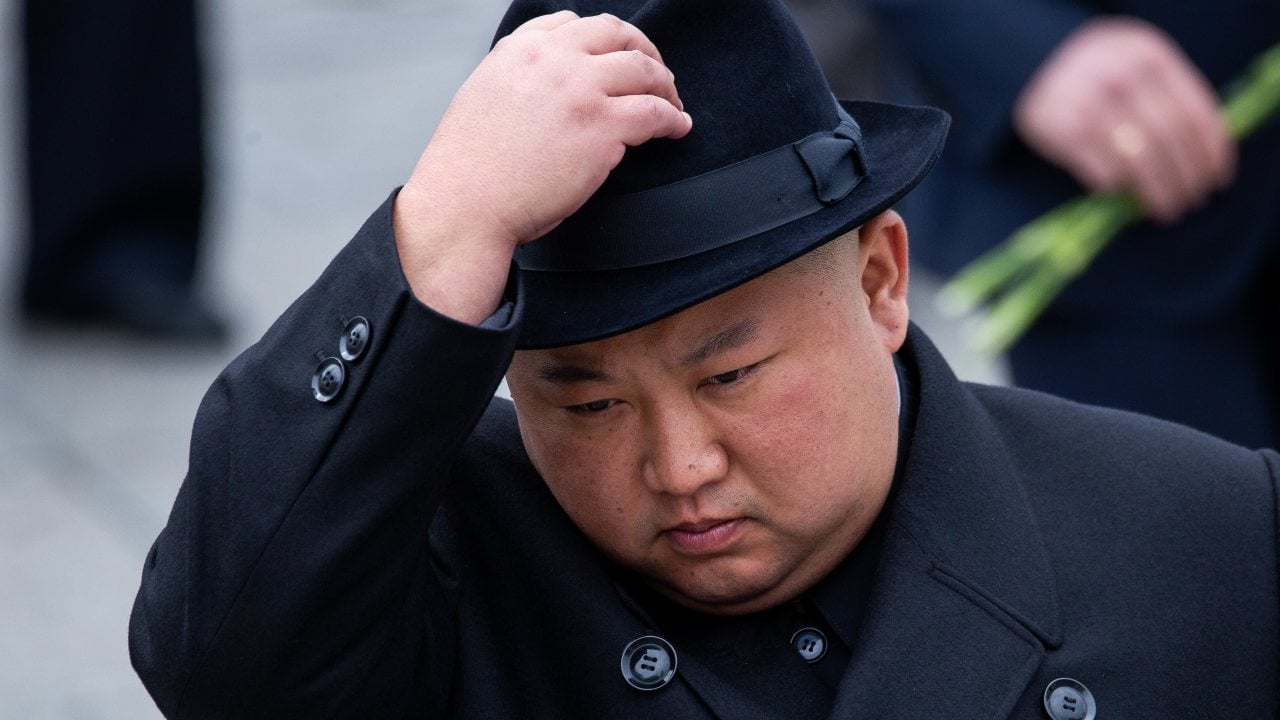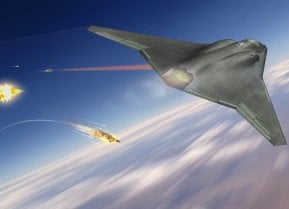Kamala Harris and North Korea: What Could Happen
A Harris administration could risk adopting a near-carbon copy of the largely unsuccessful policy towards North Korea pursued by her predecessor, which will raise eyebrows in Tokyo, Seoul, and in the West.
In the prelude to the Democratic National Convention (DNC), the Democratic Party made clear how, if Harris wins in November, the U.S. would work alongside allies within Northeast Asia and beyond to combat North Korea’s, “destabilizing development of nuclear and missile programs”. Two key terms, however, were omitted, namely denuclearization and the need to address North Korea’s systemic violation of the human rights of its population. This silence suggests that, at least on the surface, Harris, like Biden, will prioritize reassuring South Korea and Japan of the U.S.’s extended deterrence and security commitments, and its support for values of freedom, peace, and prosperity, whilst not actively calling for the Complete, Verifiable, Irreversible, Dismantlement (CVID) of North Korea’s nuclear weapons.
An incoming Harris administration has also pledged to deter the burgeoning security and economic cooperation between Russia, China, and North Korea, but how it will do so remains unclear. One challenge Harris may face is how to align this rhetoric with the comparably strident discourse of the leader of Washington’s ironclad ally, namely South Korean President, Yoon Suk Yeol.
A Harris administration could risk adopting a near-carbon copy of the largely unsuccessful policy towards North Korea pursued by her predecessor, which will raise eyebrows in Tokyo, Seoul, and in the West. For the Biden administration, North Korea was hardly a priority. Biden’s policy of “diplomacy and stern deterrence” was notably akin to the strategic patience of the Obama administration. As history tells us, strategic patience did very little to change the status quo and was leveraged by North Korea to buy time to accelerate its development of nuclear and missile capabilities.
In her pre-election campaign, Kamala Harris has said that she would, “not cozy up to tyrants…like Kim Jong Un”. These words may seem a way of attempting to differentiate herself from Donald Trump, but such rhetoric is almost identical to that mentioned by Biden in his pre-election campaign in 2020. Thus, the risk of Harris prolonging the Biden administration’s approach towards North Korea is high, all the while a nuclear North Korea accelerates its development of nuclear weapons, delivery systems, and conventional weapons.
Just as the end of the Obama administration saw an emboldened, nuclear North Korea, the end of the Biden administration will witness an even braver adversarial power, this time with an expanded scope and sophistication of its nuclear and missile capabilities, and a tighter security relationship with Russia.
If a Harris administration chooses to wait for North Korea to take the first step towards denuclearization, as her Democratic predecessors have done, then North Korea’s response will be predictable. It will continue to shun negotiations with the United States, as it has done following the collapse of the Hanoi summit of February 2019, all the while bolstering provocations towards South Korea and the West. We must also remember what North Korea has already said that irrespective of who emerges victorious, Pyongyang’s worldview towards the U.S., as a “hostile power” against which it should prepare for “confrontation”, will remain unchanged. That said, despite North Korea’s lack of appetite for talks with the West, at present, Pyongyang would prefer a Trump victory, since it would at least offer Kim an opportunity to exploit the possibility of interpersonal leader-to-leader dialogue once again.

Having engaged with Trump before, Kim will now know how to abuse such talks, even more, a second time around, in offering few, if any, concessions whilst continuing to reap rewards.
About the Author: Edward Howell
Edward Howell is a Departmental Lecturer in International Relations at the University of Oxford; a Korea Foundation Fellow at the Royal Institute for International Affairs (Chatham House), London; and a Research Fellow with the Pharos Foundation. His recent book, North Korea and the Global Nuclear Order, was published by Oxford University Press in 2023. Edward frequently offers analysis and commentary for national and international media, including The Spectator, The Telegraph, The Times, as well as BBC News, Sky News, and CNN.
Image Credit: Creative Commons and/or Shutterstock.


